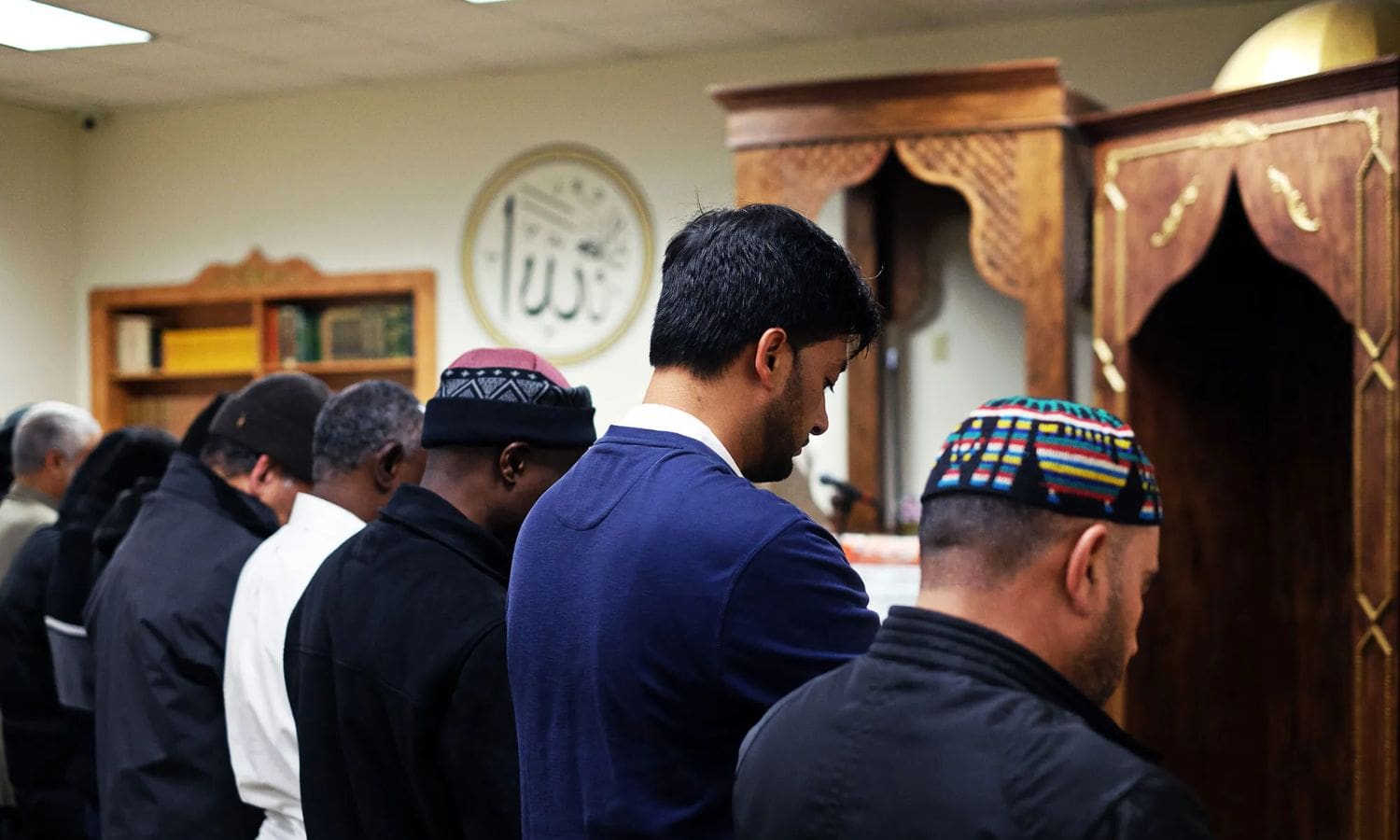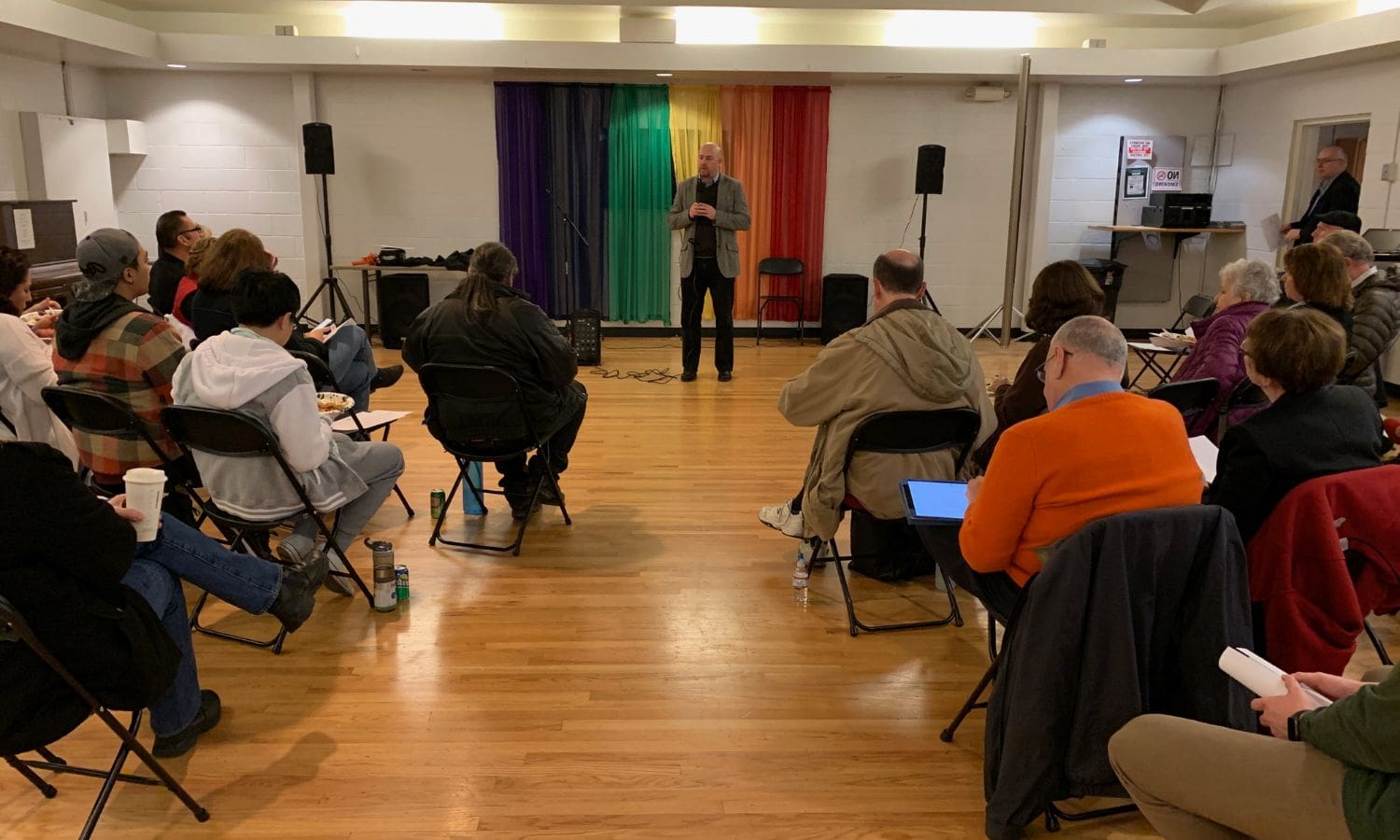FBI Training on Islamophobia: In a collaborative effort to address the rising concern of Islamophobia, Bay Area Muslim organizations have taken the lead in providing training to the FBI. The significance of this training session, shedding light on the perspectives of executive directors involved.
The broader understanding of Islamophobia and the financial implications it carries are also discussed. With the FBI’s recognition of the issue, this training aims to bridge gaps and enhance national security.
Key Takeaways Of FBI Training on Islamophobia
- The collaborative training session aimed to address the rise of Islamophobia in the U.S. by equipping FBI agents and members of the Justice Department with a deeper understanding of Islam and Muslim culture.
- The collaboration between Muslim organizations and law enforcement fosters a more inclusive and effective approach to combating Islamophobia.
- Understanding Islamophobia requires recognizing the impact of stereotypes and misinformation, both explicitly and subtly reinforced.
- The financial backing of Islamophobia perpetuates a climate of fear and mistrust towards Muslims and may hinder efforts to effectively address genuine security threats.


Collaborative Training Session on Islamophobia
During the collaborative training session on Islamophobia, Bay Area Muslim organizations led a comprehensive discussion on relevant topics with the FBI and the U.S. Justice Department. The purpose of this session was to address the rise of Islamophobia in the U.S. and to provide a platform for open dialogue and understanding between Muslim Americans and law enforcement agencies.
The training session aimed to equip FBI agents and members of the Justice Department with a deeper understanding of Islam, Muslim culture, and the challenges faced by the Muslim community. Through this collaboration, both parties were able to exchange knowledge and experiences, fostering a more inclusive and effective approach to combating Islamophobia.
The session also served as an opportunity for Muslim organizations to highlight the impact of Islamophobia on their community and to advocate for greater support and protection. Overall, this collaborative training session aimed to bridge the gap between law enforcement and Muslim Americans, fostering trust, cooperation, and a more accurate perception of Islam and its followers.
Executive Director’s Perspective on Collaboration
The perspective of the Executive Director on collaboration between Bay Area Muslim organizations and the FBI can provide valuable insights into the training session on Islamophobia.
Maha Elgenaidi, the Executive Director of ING, emphasized the need for collaboration to prevent and respond to hate crimes. She highlighted alarming statistics, such as the prevalence of bullying against Muslim students and increased prejudice in interactions with law enforcement.
Elgenaidi believes that by working together, Muslim Americans and the FBI can address these issues effectively. She recognizes the importance of building trust and understanding between the two groups, as well as the need for law enforcement to have a better understanding of Islam and the Muslim community.
Elgenaidi’s perspective underscores the significance of collaboration in combating Islamophobia and promoting inclusivity and safety for all.


Also Read: Shoor Calls for Upstream Public Policy in San Jose
Understanding Islamophobia Beyond Explicit Bigotry
Expanding upon the previous subtopic, the training session on Islamophobia led by Bay Area Muslim organizations delved into the nuanced understanding of Islamophobia, encompassing more than just overt bigotry, but also the perpetuation of stereotypes and misinformation that contribute to systemic discrimination against Muslim Americans.
The session aimed to broaden participants’ perspectives on Islamophobia, highlighting that it is not solely about explicit acts of hatred, but also about the subtle ways in which negative narratives are reinforced.
The following key points were discussed:
- Islamophobia extends beyond overt acts of bigotry, encompassing the perpetuation of stereotypes and misinformation.
- Negative narratives about Muslims contribute to systemic discrimination against Muslim Americans.
- Understanding Islamophobia requires recognizing the impact of stereotypes and misinformation on Muslim communities.
- Challenging Islamophobia involves addressing both explicit acts of hatred and the underlying systemic issues that perpetuate discrimination.
Financial Backing of Islamophobia and National Security Implications
Building upon the previous discussion on the nuanced understanding of Islamophobia, it is crucial to delve into the financial backing of Islamophobia and its implications for national security.
Salam Al-Marayati, President of the Muslim Public Affairs Council, emphasizes the need for agencies like the FBI to recognize the connection between Islamophobia and national security policies. Al-Marayati points out that the financial support behind Islamophobic efforts can influence federal policies, citing the example of the 2017 Muslim travel ban.
The financial backing of Islamophobia can have serious implications for national security, as it perpetuates a climate of fear and mistrust towards Muslims, which may hinder efforts to effectively address genuine security threats. Understanding this connection is essential for ensuring a balanced and informed approach to national security policies.
FBI’s Acknowledgment and Bridging Gaps
FBI’s recognition of the importance of bridging gaps with the Muslim American community is evident in their collaboration with Bay Area Muslim organizations to address Islamophobia. This acknowledgment reflects a commitment to fostering better understanding and communication between law enforcement and the Muslim community.
The following are four ways in which the FBI is working towards bridging these gaps:
- Collaborative training sessions: The FBI has partnered with Bay Area Muslim organizations to conduct training sessions aimed at countering Islamophobia and promoting inclusivity. These sessions provide an opportunity for law enforcement and the Muslim community to engage in open dialogue and address concerns.
- Gaining perspectives: Special Agent Robert Tripp emphasized the importance of gaining perspectives from the Muslim community to enhance communication strategies. By understanding their experiences and concerns, law enforcement can better address issues related to Islamophobia.
- Building bridges: The collaborative training sessions aim to build bridges between the Muslim American community and law enforcement. This approach fosters a more inclusive and informed approach to counteracting Islamophobia and promotes trust and understanding.
- Inclusive approach: By involving Muslim organizations in the training process, the FBI demonstrates a commitment to an inclusive approach that values the expertise and perspectives of the Muslim community. This collaborative effort helps to ensure that the training is relevant, effective, and addresses the specific concerns of the Muslim American community.


Conclusion Of FBI Training on Islamophobia
The collaborative training session on Islamophobia led by Bay Area Muslim organizations provided valuable insights into understanding and addressing the issue.
By acknowledging the financial backing of Islamophobia and its implications for national security, the FBI has taken a step towards bridging gaps and combating bigotry.
This training session serves as an important platform for fostering collaboration and promoting a greater understanding of Islamophobia.

